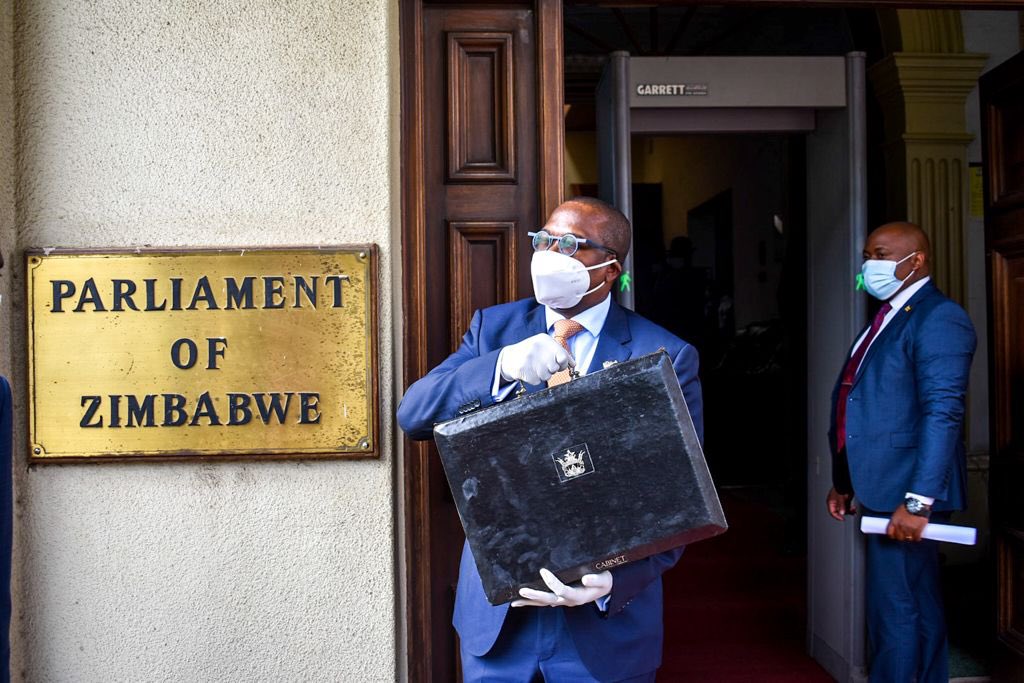HARARE – Zimbabwe is targeting small budget deficits and a sharp drop in inflation in the coming years, Finance Minister Mthuli Ncube said on Thursday.
Giving a budget speech in parliament, Ncube said the aim was for a deficit of 1.5 percent of gross domestic product (GDP) in 2022 and 1.7 percent of GDP in 2023, compared to a shortfall of 0.5 percent of GDP this year.
Average annual inflation is expected to fall from 94.6 percent in 2021 to 32.6 percent next year, Ncube projected.
He added: “Conservative reserve money targeting and the introduction of the foreign exchange auction system brought stability in the foreign exchange market and consequently inflation.
“However, the widening of the parallel market premiums to over 50 percent beginning in August 2021 threatens to reverse the gains made on the inflation front. The widening gap is partly attributed to general indiscipline by market players.”
Zimbabwe’s public debt at the end of September amounted to US$13.7 billion, comprising of external debts of US$13.2 billion and domestic debts of US$532 million.
President Emmerson Mnangagwa has struggled to revive Zimbabwe’s economy since ousting his former mentor Robert Mugabe in a November 2017 coup.
Millions are still trapped in poverty and dislocations, including an unofficial currency market, restrict business activity.
Mnangagwa has so far failed to achieve a breakthrough in efforts to improve relations with Western governments, which continue to accuse his government of human rights abuses and heavy-handed treatment of the opposition. – Reuters
In full: 2022 National Budget Statement 25 Nov 21 Final
In Full: Statement by finance minister on Zimbabwe’s Public Debt
















